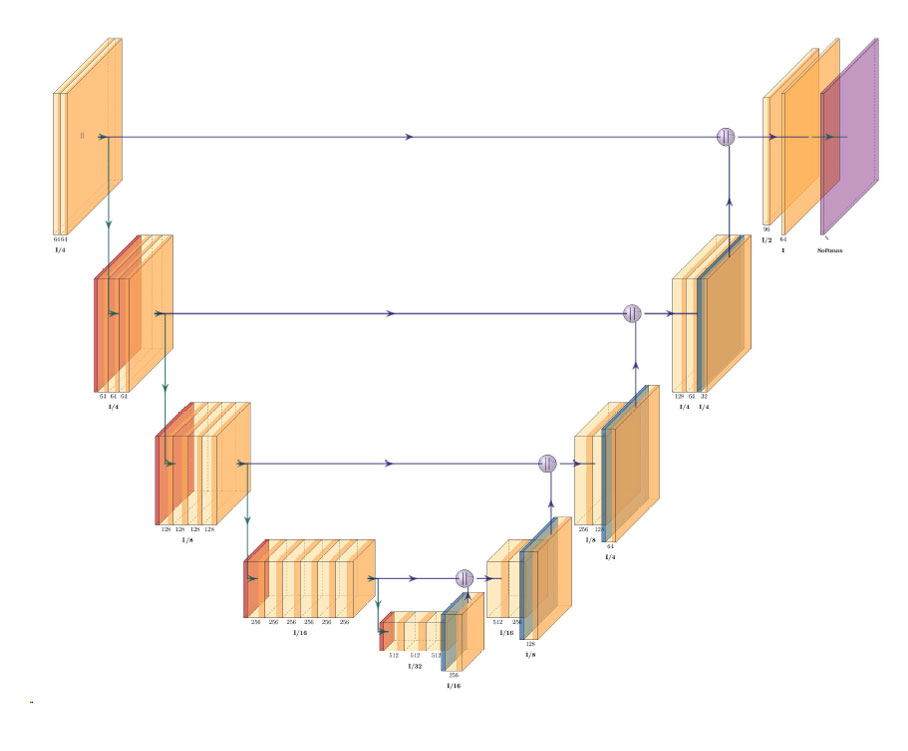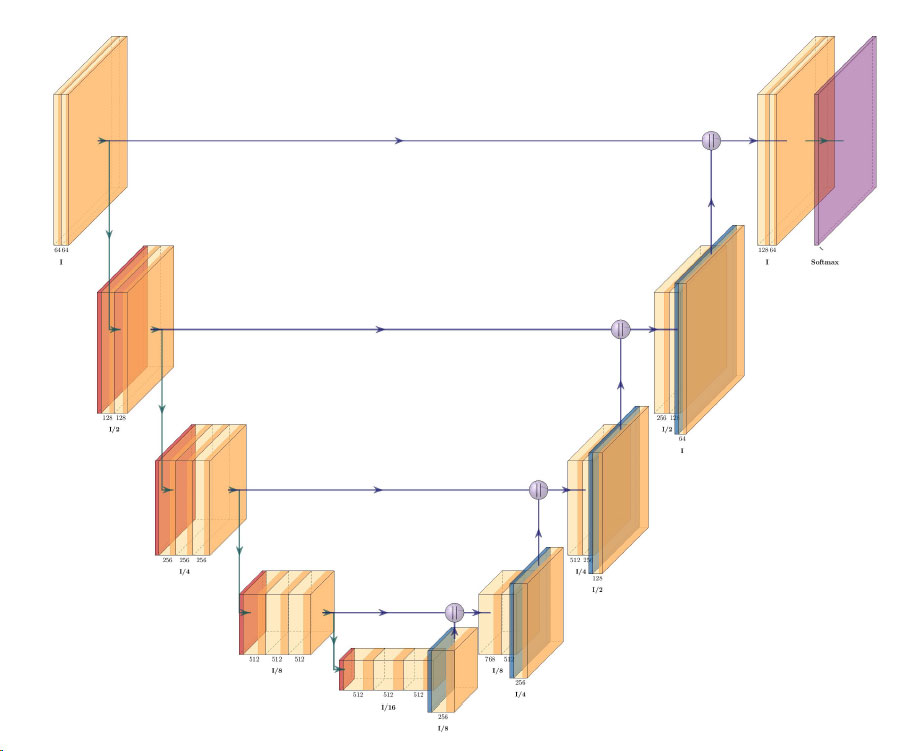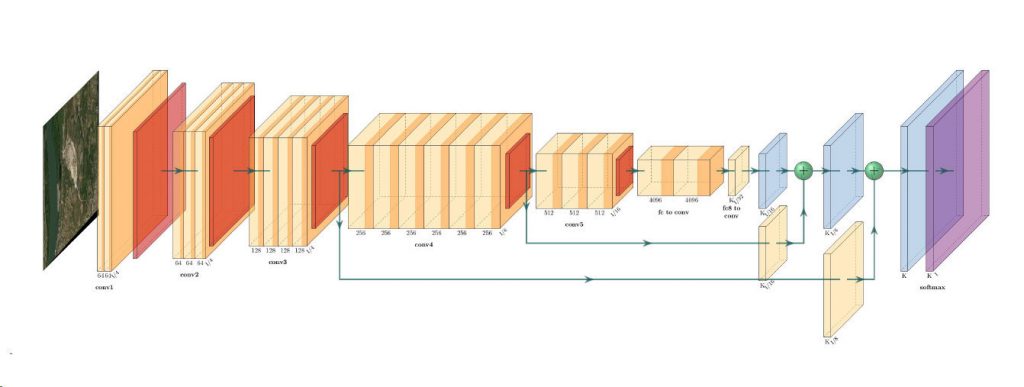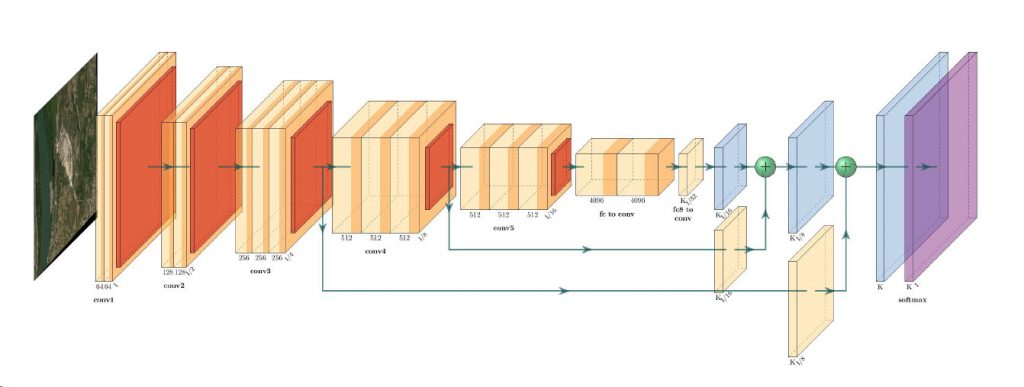Ecopia Global Feature Extraction (GFX) Powered by European Space Imaging is a unique partnership that utilises the freshest, highest quality satellite imagery along with the most advanced artificial intelligence from Ecopia.AI (Ecopia) to offer accurate geospatial feature extraction at continent-wide scale. It takes away the challenge of obtaining up to date VHR imagery and manually creating polygons by hand – both of which are labour intensive and can be quite costly. With 13 core features eligible for extraction, users receive comprehensive, up-to-date and accurate land cover maps with zero in-house GIS work and with automation-level speed and efficiency. In this GEOSeries episode, Ecopia and European Space Imaging will discuss the many benefits of GFX and the solutions it provides. From land-cover capabilities for maintaining smart city digital twins, impervious surface mapping for water drainage assessment, detecting and analysing urban sprawl and flood risk modelling, and the software’s newest application – solar panel identification to aid tax rebates and provide accurate assessments for insurance purposes. Highlighting real use cases to demonstrate the power of these datasets, we will dive deeper into the software and how both government and commercial customers can benefit from this advanced product. Including Special Guests: Vitor Pessoa Colombo, PhD, The Swiss Federal Institute of Technology in Lusanne (EPFL) Vitor is an architect. He grew up in Brazil before moving to Switzerland, where he graduated from École Polytechnique Fédérale de Lausanne (Bachelor of Science) and Accademia di Architettura di Mendrisio (Master of Science). Since 2016, he has conducted research on urbanization processes in cities of the global South, focusing on habitat and health issues related to rapid urbanization. His work is largely based on geographic information systems (GIS), including participatory mapping methods based on mobile data collection tools. Throughout his work, Vitor has developed cross-sector partnerships, collaborating with different research institutes, non-governmental organizations and the private sector. Today, Vitor conducts a PhD at École Polytechnique Fédérale de Lausanne (EPFL) : his project investigates the impact of urban morphology on the risk of diarrheal diseases in Abidjan and Nairobi, two cities marked by rapid and largely informal urban growth. He is also a lecturer at EPFL, where he teaches the Bachelor degree course "Urban Planning in the Global South". Nate Herold, Physical Scientist, NOAA's Office for Coastal Management (OCM) Nate has been with NOAA for 17 years and is located in Charleston, South Carolina where he is responsible for leading NOAA’s national land cover mapping and monitoring activities through its Coastal Change Analysis Program, or C-CAP. He is an active member and the former chair of the Multi-Resolution Land Characteristics (MRLC) Consortium, the coordinating body for federal land cover mapping in the U.S.
GEOSeries episode 3 - Leveraging Artificial Intelligence To Create Global HD Vector Maps
Ecopia Global Feature Extraction (GFX) Powered by European Space Imaging is a unique partnership that utilises the freshest, highest quality satellite imagery along with the most advanced artificial intelligence from Ecopia.AI (Ecopia) to offer accurate geospatial feature extraction at continent-wide scale. It takes away the challenge of obtaining up to date VHR imagery and manually creating polygons by hand – both of which are labour intensive and can be quite costly. With 13 core features eligible for extraction, users receive comprehensive, up-to-date and accurate land cover maps with zero in-house GIS work and with automation-level speed and efficiency.
In this GEOSeries episode, Ecopia and European Space Imaging will discuss the many benefits of GFX and the solutions it provides. From land-cover capabilities for maintaining smart city digital twins, impervious surface mapping for water drainage assessment, detecting and analysing urban sprawl and flood risk modelling, and the software’s newest application – solar panel identification to aid tax rebates and provide accurate assessments for insurance purposes. Highlighting real use cases to demonstrate the power of these datasets, we will dive deeper into the software and how both government and commercial customers can benefit from this advanced product.
Including Special Guests:
Vitor Pessoa Colombo, PhD, The Swiss Federal Institute of Technology in Lusanne (EPFL)
Vitor is an architect. He grew up in Brazil before moving to Switzerland, where he graduated from École Polytechnique Fédérale de Lausanne (Bachelor of Science) and Accademia di Architettura di Mendrisio (Master of Science). Since 2016, he has conducted research on urbanization processes in cities of the global South, focusing on habitat and health issues related to rapid urbanization. His work is largely based on geographic information systems (GIS), including participatory mapping methods based on mobile data collection tools. Throughout his work, Vitor has developed cross-sector partnerships, collaborating with different research institutes, non-governmental organizations and the private sector. Today, Vitor conducts a PhD at École Polytechnique Fédérale de Lausanne (EPFL) : his project investigates the impact of urban morphology on the risk of diarrheal diseases in Abidjan and Nairobi, two cities marked by rapid and largely informal urban growth. He is also a lecturer at EPFL, where he teaches the Bachelor degree course “Urban Planning in the Global South”.
Nate Herold, Physical Scientist, NOAA’s Office for Coastal Management (OCM)
Nate has been with NOAA for 17 years and is located in Charleston, South Carolina where he is responsible for leading NOAA’s national land cover mapping and monitoring activities through its Coastal Change Analysis Program, or C-CAP. He is an active member and the former chair of the Multi-Resolution Land Characteristics (MRLC) Consortium, the coordinating body for federal land cover mapping in the U.S.
More Videos

MGP Pro: The Next Generation of SecureWatch for On-demand Access to VHR Imagery
MGP Pro provides unrivalled coverage, quality and flexibility. Its subscribers can access over 3 million square kilometers of daily image collections, plus more than 6 billion sq km of archived imagery at up to 30 cm resolution.

Enhancing Critical Applications With A Combined Optical and SAR Approach
For the first time in history, users can schedule synchronised collections of 25 cm SAR and 30 cm Near Real-Time optical imagery to mitigate weather and gain deeper insights of events unfolding on the ground. This is especially valuable for Emergency Response, GEOINT and other applications.

Berlin 30 cm DSM from GAF AG using Tri-Stereo Satellite Imagery from EUSI
This high quality 30 cm resolution Digital Surface Model (DSM) was created by GAF AG utilizing 30 cm Very High Resolution Tri-Stereo Satellite Imagery collected by European Space Imaging (EUSI). This model is part of EUSI’s initiative to map all major European metro areas in 3D on a yearly basis.

Aerial vs 15 cm Satellite Imagery for Large-Scale Mapping
Do you need to map a large urban area? This webinar presents all you need to make a well-informed decision between aerial and 15 cm satellite imagery.





